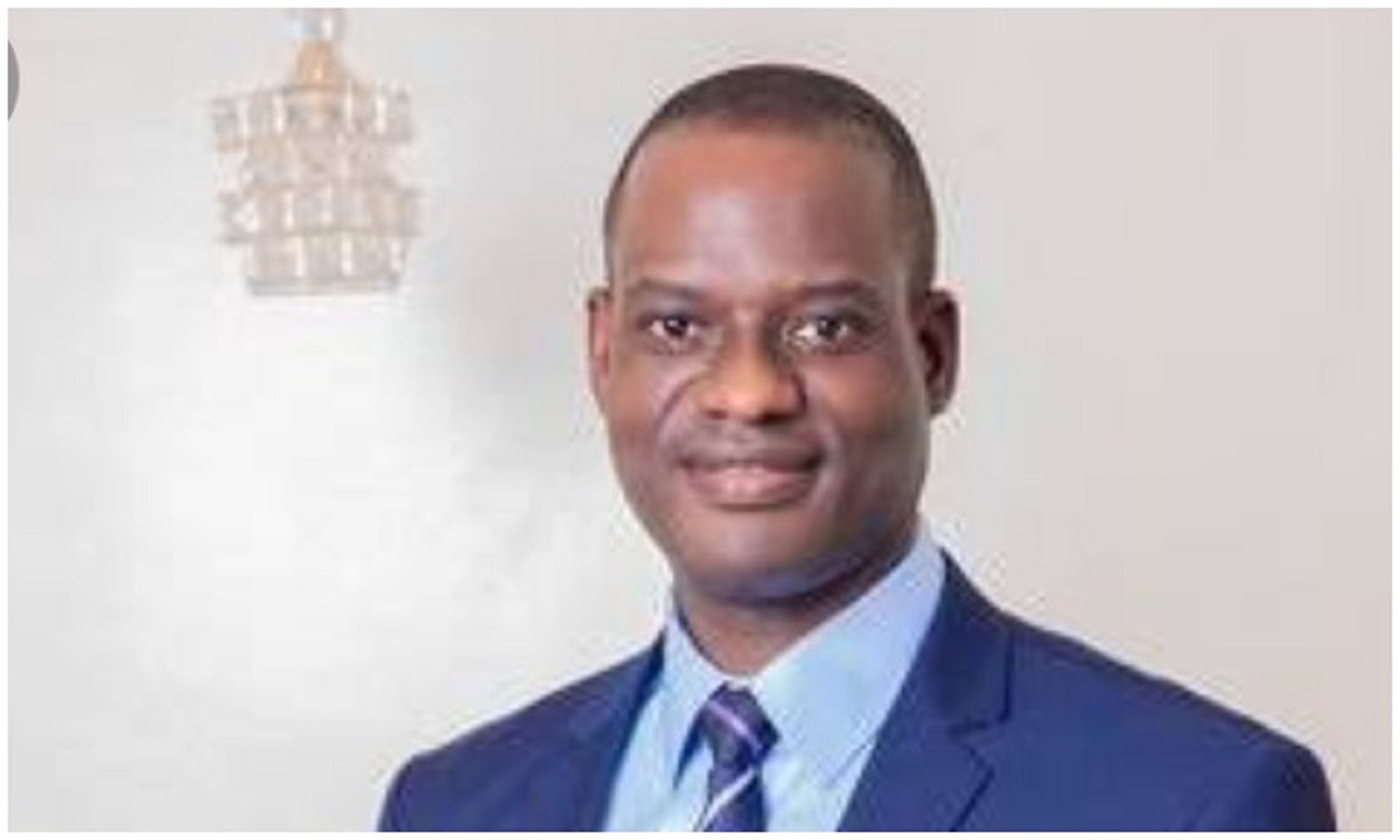Taiwo Oyedele has announced the reduction of taxes from 62 to less than 10.
NewsOnline Nigeria reports that the Nigerian federal government through the Presidential Committee on Fiscal Policy and Tax Reforms, has revealed its intentions to reduce the number of taxes from about 62 to less than 10 in the country.
This Nigeria news platform understands that Taiwo Oyedele, chairman of the Presidential Committee on Fiscal Policy and Tax Reforms, made these remarks in Abuja on Tuesday at the 53rd annual conference of the Institute of Chartered Accountants of Nigeria.
ALSO: IPMAN Accuses Tinubu Government of Spending Billions of Naira On Fuel Subsidy
Oyedele reported that a staggering 62 taxes are officially gathered across various government tiers in the nation. He stated this imposed a heavy burden on Nigerian business operators.
He also decried the several informal taxes being collected across the country,
- “At the federal level. The list is somewhere close to 16 officially at the state level 25 Local Government 21 But this is just the beginning of the story. The story is incomplete. Until you add the over 108 informal taxes collected all over the place, sometimes by non-state actors that have been empowered, either passively or actively by the government.
- “In fact, we have bicycle tax, and wheelbarrow tax in Nigeria. I think if you’re looking for the definition of wickedness, it will be to find a man who is struggling to make ends meet pushing their wheelbarrow in the sun and say, you have not paid your tax.
- “What I want and hope to achieve is the reduction of the number of taxes to less than 10, yes, we want a single digit, and we want to cut down revenue collection agencies to one for each tier of government. With this, the federal government has one revenue collection agency, the same for state and local governments. So that they can focus on their primary mandate of making life easier for citizens,” he said.
Addressing the Issue of Poverty
Furthermore, Oyedele highlighted a range of pressing issues that Nigeria must confront, such as poverty, meagre revenue, surging debt, diminishing investments, and the increasing trend of youth migration out of the country.
He clarified that the multidimensional poverty index, exposing the fact that more than 133 million Nigerians experienced multi-dimensional poverty, was computed using criteria such as healthcare access, education, security, and other factors.
- “We have widespread poverty, government’s revenue is low and as a consequence, public debt is high. And the debt service to revenue ratio is one of the highest we’ve seen anywhere in the world. Investment is declining and you cannot have economic growth without investments.
- “Whether they are domestic or international, we’re not attracting foreign investment, and we’re not mobilizing domestic investment enough. Many of the existing investors are leaving and those who are left are asking questions; can we continue?
- “So, these are fundamental issues we must address our people also leaving the country as a percentage of the population not too far. From my view is that even if it’s only 1 per cent, to the extent that they are leaving because they feel frustrated, then we should be concerned” he said.
For Oyedele, to address poverty in the country, there was a need for the government to measure public expenditure to GDP.
- “We need to know how much of what you collected from the people have you given back to them. And why give it back to them, it is important to note in what ways are you giving it back.
- “For example, if you decide to build high rises, airports, and flyovers when the people lack drinking water, basic education, and there’s no road from the farm to the market. It’s the wrong priority and it is as good as the money being stolen, or the money being wasted. So, the problem is not with the tax itself. It is what you do with the taxes. You have collected.”
More Insights
Responding to Oyedele, Matthew Gbonjubola, the head of FIRS’ Special Tax Operations Group, highlighted that tax revenues have consistently constituted around 90% of the government’s total income.
He further stated that the government has recently reviewed the VAT module to create an enabling environment for businesses and individuals in the country.
- “The current system being used by the Federal Revenue Service was developed in-house by officers of the service because we were able to design our processes by ourselves. Quite several new modules are currently in the works. For example, we have a new VAT module that was unveiled some time ago again due to various interventions and input from stakeholders we have reviewed.
- “Part of what is going to come hopefully in a few months, again will boost the ability to make foreign payments directly on the FIRS portal and then you get your receipts to be generated for you.
- “We are hoping that very soon we’ll be able to open the portal for you to change your profiles. To do several maintenances by yourself and change your address you can change your telephone numbers and things like that. We are coming to that, and we are also doing a lot with our sister government agencies as regards data.”
He also stated that the Agency has made public its current data-sharing efforts with several organizations, including the Central Bank of Nigeria and the Financial Intelligence Unit.
It has also implemented practices to facilitate the tracking and reporting of incomes earned by Nigerians in the diaspora.














